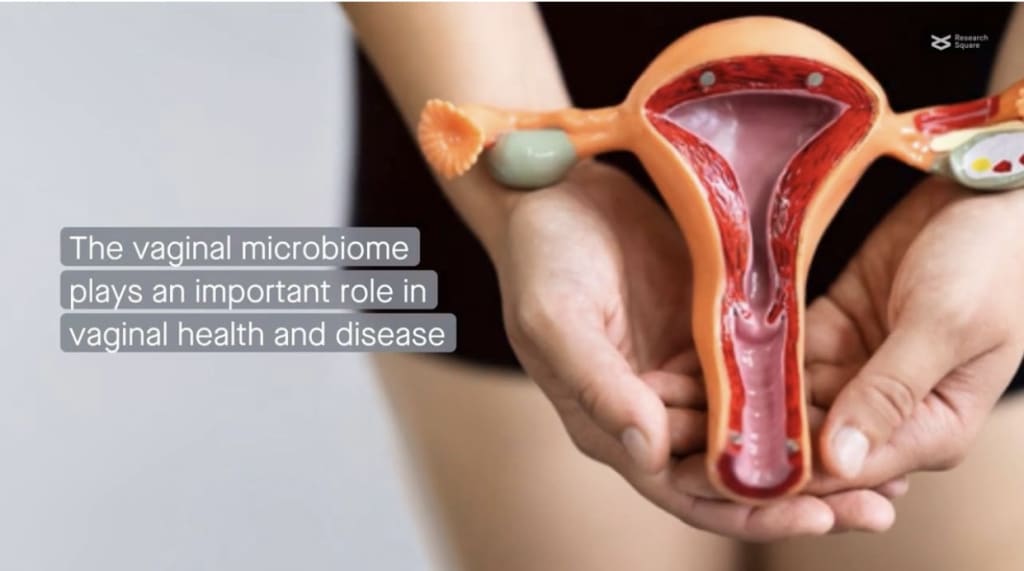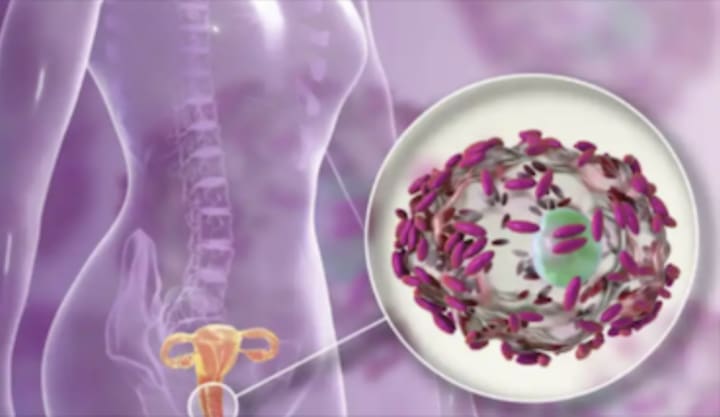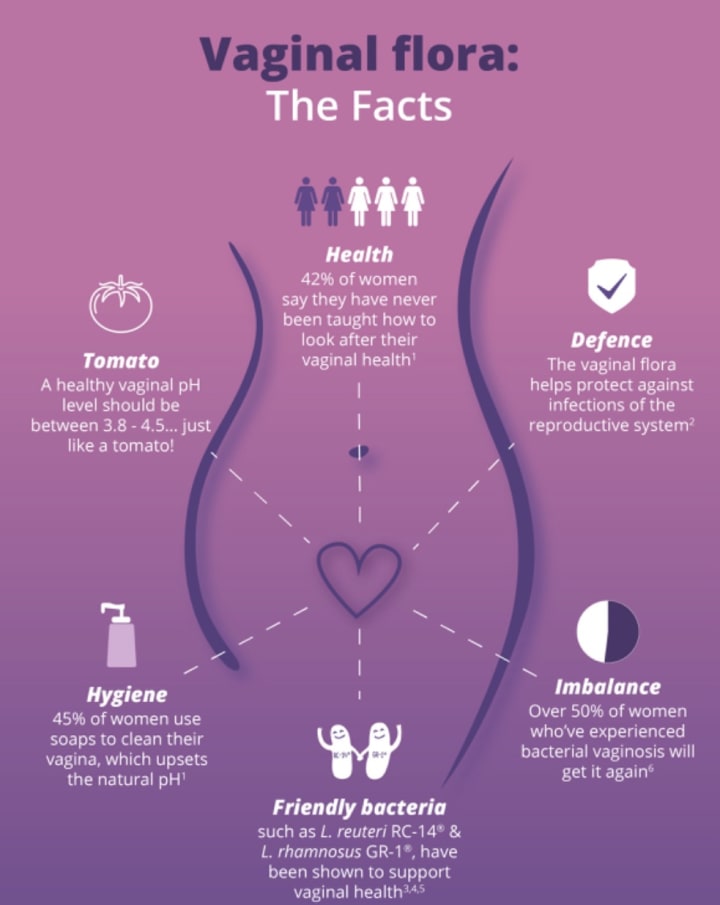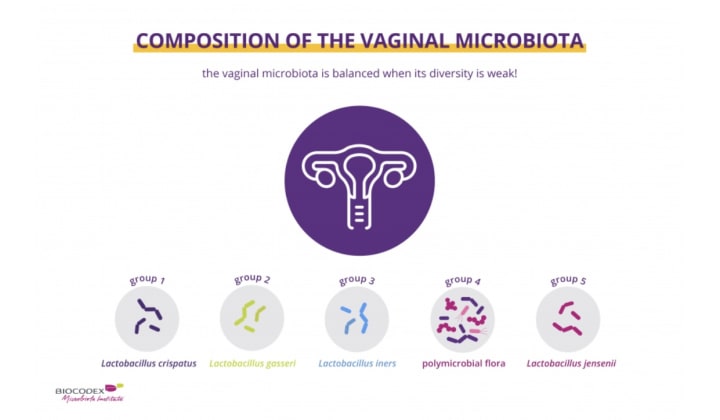A Healthy Vagina Is A Bacteria-Loving Vagina
Breaking News! Scientists discover that the vagina already has bacteria … even though ( us women ) already knew 🙂!

The Healthy Flora
I’ll let you in on a little secret, tampons and contraceptives are not a cause for vaginal discharge and over 1000 women at a family planning clinic with a group of scientists are about to learn that vaginas indeed do talk. Connections between the vaginal flora and oral contraceptives and tampons were investigated for indication of antibiotics. Cue in Beyonce’s “ Grown Woman” or just simply her singing “ THIS is for all my grown women out there!” on repeat because anyone else just will not understand! Bacteria or germs are found everywhere including the human body; Just not the part of the human body where life is borne ( kidding! ). The vagina is a host to many bacteria, most of which have been there since Adam and Eve’s time! A healthy vagina’s microbiome aka healthy vaginal flora is dominated with several bacteria to fight against urogenital infections. The vaginal microbiology undergoes fluctuations during a menstrual cycle and over the lifetime. The bacteria that make up the normal vagina is “good” bacteria but the abnormal increase of them causes infections such as BV (bacterial vaginosis). https://muysalud.com/en/health/vaginal-flora-what-it-is-and-how-to-care-for-it/

The predominant bacteria living in the vagina is lactobacilli. These bacteria produce hydrogen peroxide and lactic acid. Lactic acid is there to maintain a normal vaginal pH and flora. Hydrogen peroxide then prevents the overgrowth of “bad” bacteria that causes infections. “These infections, where the lactobacilli level is disrupted, usually lead to irritation, burning, itching, unpleasant vaginal odor and abnormal discharge.” So to answer the question to the men who rudely “stumbled upon” here or the women that Beyonce was NOT talking to, discharge (or for the men, courtesy of my little brother - “ Oh you mean the white period? ”), is completely normal.. well until it’s not.
The Non-Invasive In & Out
Between December 1965 to July 1966, there were vaginal swabs taken from 291 women at a family clinic. None of these women were being treated for discharge. 104/291 of the women used oral contraceptives, and 184/291 used tampons. Three swabs were taken during a standard pelvic exam. Each swab was tested against 3 different bacterial methods and 2 of them were studied under a microscope. Afterwards, the bacteria found in the vagina was compared to normal bacteria levels and the presence of yeast were also observed. 162/291 women were checked for yeast and Group B strep ( streptococcus ) on their vulvas and then compared with the 1,104 women who complained of having discharge to their family doctor. The scientists wrote their findings in a table.
The Flora-ing Truth

The vaginal bacteria found in the women who visited a clinic was found to be irrelevant to oral birth control and tampon usage. The discovered flora was similar regardless of tampon use or contraception. The discovered bacteria were: Clostridium welchii, Corynebacteria, Lactobacilli(predominant), Staphylococci pyogenes, Streptococci (B-haemolytic), E. coli and Yeast Candida albicans. If any of the women who presented discharge were treated due to presence of the listed bacteria, the risk of a possible pathogen would have increased; This would have resulted in more than 3 women having an infection from the experiment - who had presented Trichomonoas vaginalis infection. An imbalance of all their ( not you three! ^ ) good bacteria would have turned their vaginal bacteria into daytime BV .. I mean TV! Anyways, there was trouble figuring out the importance of the vaginal flora because the women at the clinic did not consider their discharge an alarm ( because they knew it was normal possibly? Why yes, actually). 55% thought their discharge was normal leaving the question of “ What should be considered normal vaginal flora now?” The laboratory examinations lead to finding ways to better understand BV to prevent preterm births, Pelvic Inflammatory Disease and keeping reproductive health in sympathetic and asymptomatic females.

About the Creator
Yvonaé Dessus
A pencil and paper was all I had when my voice was stolen and my depression prisoned me in the white walls of my bedroom. As I learn how to use my voice again, I came here to test out the waters. Hope you like what you see
Enjoyed the story? Support the Creator.
Subscribe for free to receive all their stories in your feed. You could also pledge your support or give them a one-off tip, letting them know you appreciate their work.
Reader insights
Outstanding
Excellent work. Looking forward to reading more!
Top insights
Easy to read and follow
Well-structured & engaging content
Expert insights and opinions
Arguments were carefully researched and presented
Eye opening
Niche topic & fresh perspectives
Masterful proofreading
Zero grammar & spelling mistakes
On-point and relevant
Writing reflected the title & theme






Comments (1)
Thank you for sharing this Yvonae. This was very helpful to me I am the 24/7 caregiver for my mom. She is an 86-year-old lady with dementia and she is also blind she also cannot walk and she is incontinent. She is prone to getting UTIs and usually gets one about every two months. So I have been trying different things to decrease the amount of UTIs she gets. Things such as cranberries, cranberry supplements, probiotics, vitamin C, and so forth. This article was helpful and answered a few questions for me. Thank you.